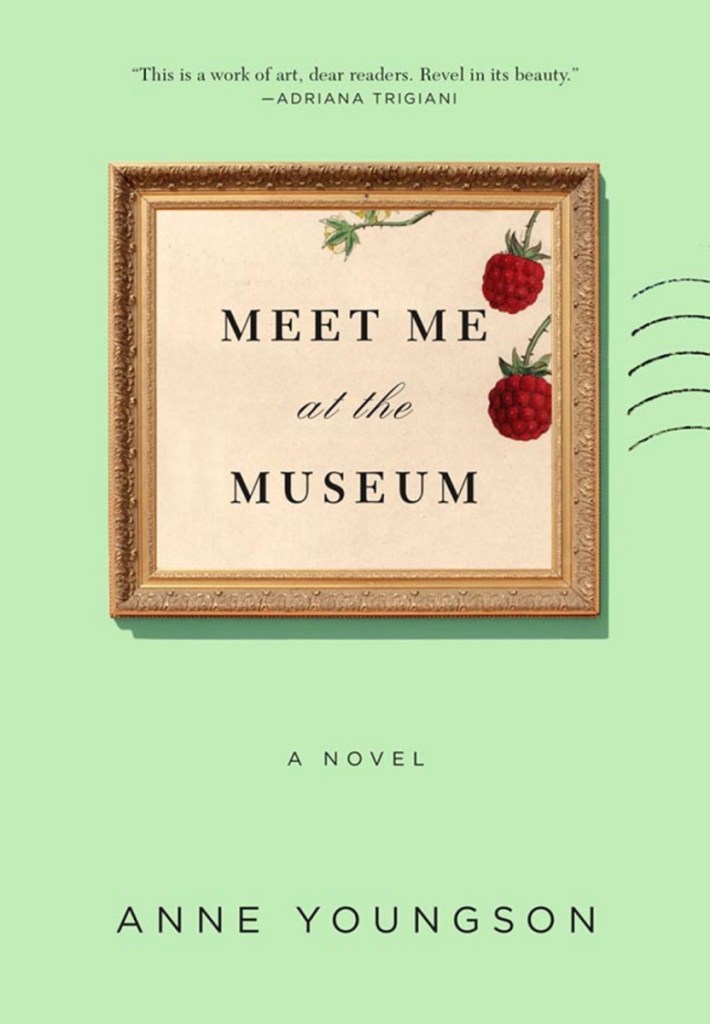Anne Youngson, at age 70, has written her debut novel. Her age may account for its depth, with thoughtful passages that younger authors likely could not conjure – or, if they could, might fall prey to presenting them with more theater, to helpfully ensure that they’re not overlooked.
Youngson’s approach is more mundane, like much of life, which gives her observations their particular credibility.
The novel is a series of unlikely letters between Tina, an English farmer’s wife, and Anders, a museum administrator in Denmark. Both are of an age where there is “more behind us than ahead of us.”
Tina writes seeking some information about Tollund Man, an Iron Age human who was found in a Danish bog in 1950, astonishingly preserved with an especially serene expression on his face. She and a friend, Bella, always had meant to visit, but didn’t, and now Bella has died. Anders replies with anthropological information, adding a passing reference to how we regard the dead given his own wife’s death.
Their correspondence unexpectedly continues, each writer finding safety in sharing their thoughts with an anonymous reader. You may well imagine where this correspondence will end, yet it’s never made clear. And complications emerge.
But it’s the exchange of their reflections on life that proves so peacefully compelling. Such as this passage from Tina: “Whenever I pick raspberries, I go as carefully as possible down the row, looking for every ripe fruit. But however careful I am, when I turn round to go back the other way, I find fruit I had not seen approaching from the opposite direction. Another life, I thought, might be like a second pass down the row of raspberry canes; there would be good things I had not come across in my first life, but I suspect I would find much of the fruit was already in my basket.”
How subtle. How perceptive. How mundane. The cover blurb makes an apt connection with “The Unlikely Pilgrimage of Harold Fry.” As with that lovely novel, “Meet Me at the Museum” is gently provoking, delving into how we interact with our children, our spouses, our communities, but mostly with ourselves.
Send questions/comments to the editors.



Success. Please wait for the page to reload. If the page does not reload within 5 seconds, please refresh the page.
Enter your email and password to access comments.
Hi, to comment on stories you must . This profile is in addition to your subscription and website login.
Already have a commenting profile? .
Invalid username/password.
Please check your email to confirm and complete your registration.
Only subscribers are eligible to post comments. Please subscribe or login first for digital access. Here’s why.
Use the form below to reset your password. When you've submitted your account email, we will send an email with a reset code.